Hip Replacement Surgeon in Delhi | Meet Dr. Kunal Aneja
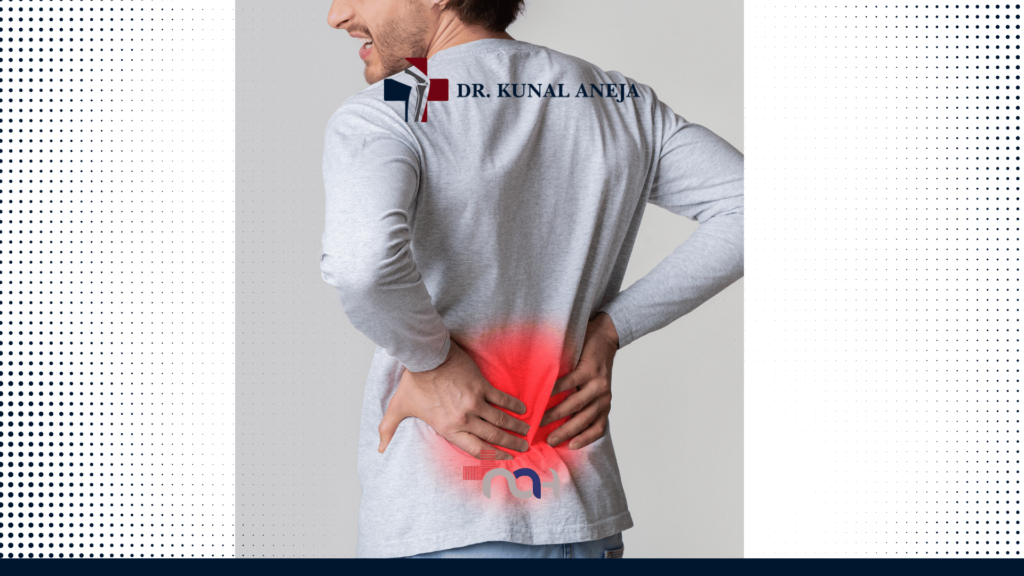
Dr. Kunal Aneja, top Hip Replacement Surgeon in Delhi, offers expert, compassionate care for joint health. Trusted for advanced techniques and successful outcomes.
#1 Sports Injury Treatment Clinic in Delhi
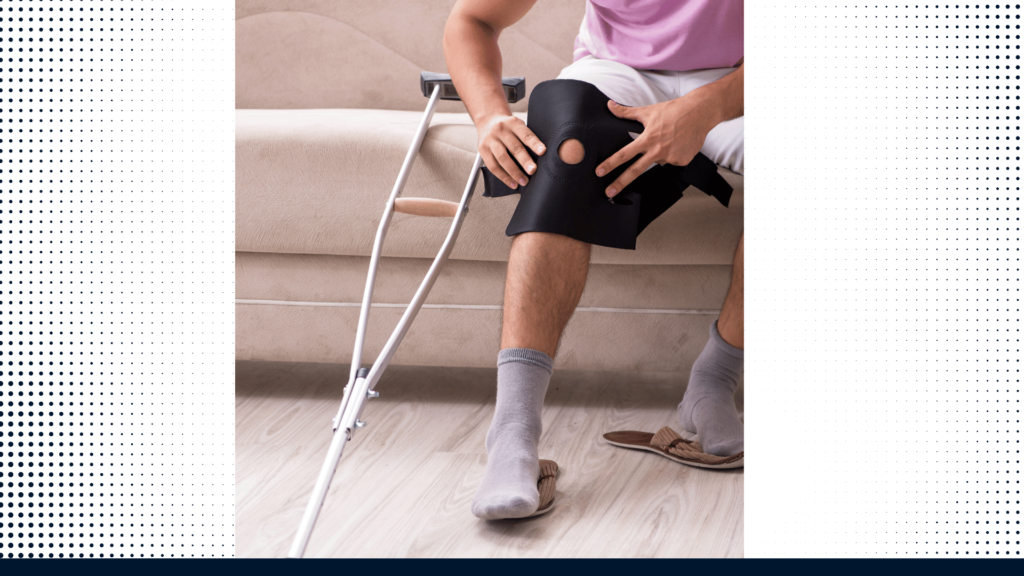
#1 Sports Injury Treatment Clinic in Delhi, led by Dr. Kunal Aneja, offers specialized and effective solutions for athletes, ensuring rapid recovery and optimal care.
Best Hip Replacement Surgeon in Delhi, India
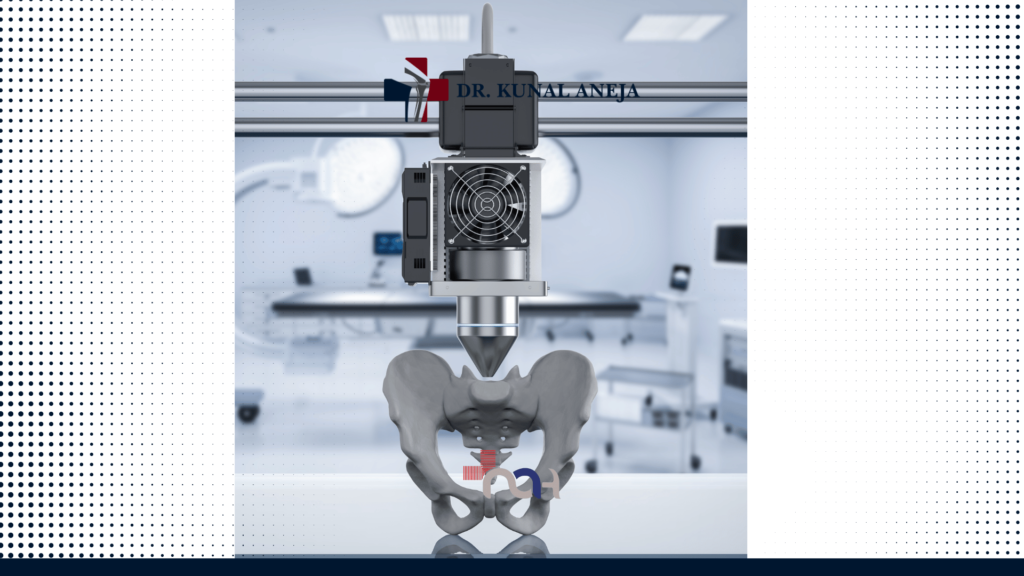
Discover the best hip replacement surgeon in Delhi, Dr. Kunal Aneja, renowned for advanced surgical techniques and exceptional patient care.
The Ultimate Guide to Bone Fracture Healing: 7 Steps to a Speedy Recovery
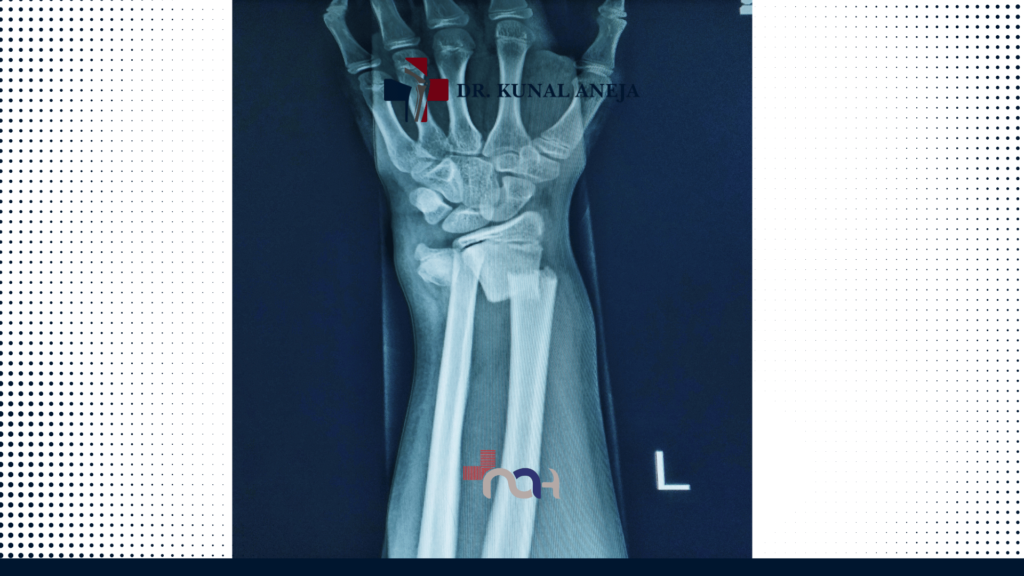
Bone fractures can significantly impact one’s life, hindering daily activities and overall quality of life. A well-structured recovery plan is essential for a speedy and successful healing process. Dr. Kunal Aneja, an esteemed orthopaedic specialist in Delhi, provides comprehensive bone fracture treatment, guiding patients through every step of their recovery journey. This ultimate guide covers essential aspects of bone fracture healing, ensuring you have the knowledge needed for optimal recovery.
Understanding Bone Fractures and the Healing Process
Bone fractures occur when a force exerted on the bone is stronger than the bone itself. Healing a fracture involves a multi-stage process:
Inflammation: Right after the fracture, blood clots form around the break, initiating the healing process.
Soft Callus Formation: Within days, a soft callus made of collagen forms around the fracture.
Hard Callus Formation: The soft callus is replaced by a hard callus of bone tissue over weeks.
Remodeling: The hard callus is remodeled into strong bone over several months, restoring the bone’s original shape and strength.
Types of Bone Fractures and Their Classification
Bone fractures can be classified into various types based on their characteristics:
Closed (Simple) Fracture: The bone breaks but doesn’t pierce the skin.
Open (Compound) Fracture: The broken bone pierces the skin, posing an infection risk.
Complete Fracture: The bone is broken into two or more pieces.
Incomplete (Greenstick) Fracture: The bone cracks but doesn’t break completely, often seen in children.
Comminuted Fracture: The bone is shattered into several pieces.
Transverse Fracture: The break is horizontal across the bone.
Oblique Fracture: The break has an angled pattern.
Spiral Fracture: The fracture spirals around the bone, usually due to a twisting injury.
Compression Fracture: The bone is crushed, commonly occurring in vertebrae.
Stress Fracture: A small crack in the bone caused by repetitive force or overuse.
Symptoms and Signs of a Bone Fracture
Recognizing the symptoms of a bone fracture is crucial for prompt treatment. Common signs include:
Intense pain at the fracture site
Swelling and bruising
Deformity or abnormal appearance of the limb
Inability to move the affected area
A grating sensation or sound (crepitus) during movement
Diagnosis and Treatment Options for Bone Fractures
Diagnosing a bone fracture typically involves:
Physical Examination: Dr. Kunal Aneja will examine the injured area for swelling, deformity, and tenderness.
X-rays: The primary imaging method to visualize the fracture and determine its type and extent.
CT Scans: Provide detailed images of complex fractures, especially in areas like the spine and pelvis.
MRI: Useful for assessing soft tissue damage and stress fractures not visible on X-rays.
Treatment options vary based on the fracture type and severity:
Immobilization:
Casting: A cast immobilizes the fracture, allowing it to heal.
Splinting: A temporary method used until swelling decreases before casting.
Traction: Aligns bones by applying a steady pulling force to the limb.
Surgery:
Open Reduction and Internal Fixation (ORIF): Surgical procedure where bone fragments are repositioned and fixed with metal plates, screws, or rods.
External Fixation: Metal pins or screws are inserted into the bone and connected to an external frame.
Bone Grafting: Used in severe fractures with bone loss, involving bone grafts from the patient or a donor.
The Importance of Immobilization and Rest in Bone Fracture Healing
Immobilization and rest are vital for proper bone fracture healing. Immobilization:
Keeps the fractured bone in the correct position for healing.
Prevents movement that could worsen the fracture.
Reduces pain and swelling.
Rest allows the body to focus energy on the healing process, minimizing the risk of complications and promoting faster recovery.
Nutrition and Lifestyle Factors That Aid in Bone Fracture Healing
Proper nutrition and lifestyle choices play a crucial role in bone fracture healing. Key factors include:
Calcium and Vitamin D: Essential for bone health. Sources include dairy products, leafy greens, and fortified foods.
Protein: Necessary for tissue repair and bone strength. Include lean meats, beans, and nuts in your diet.
Avoiding Smoking and Excessive Alcohol: Both can impede the healing process and weaken bones.
Staying Hydrated: Promotes overall health and aids in recovery.
Moderate Exercise: Once cleared by Dr. Kunal Aneja, engage in gentle exercises to maintain muscle strength and flexibility.
Rehabilitation and Physical Therapy for Bone Fracture Recovery
Rehabilitation and physical therapy are crucial for restoring function and strength to the injured area. The recovery process includes:
Physical Therapy:
Tailored exercises to improve mobility, strength, and flexibility.
Techniques to reduce stiffness and restore normal movement patterns.
Occupational Therapy:
It helps patients regain the ability to perform daily activities.
Provides adaptive strategies and equipment for severe injuries.
Gradual Return to Activity: Follow a structured plan to gradually increase activity levels and avoid re-injury. Weight-bearing activities should be resumed as per Dr. Kunal Aneja’s guidance.
Preventing Future Bone Fractures Through Proper Care and Precautionary Measures
Preventing future fractures involves several strategies:
Healthy Diet: Ensure adequate intake of calcium and vitamin D.
Regular Exercise: Weight-bearing and strength-training exercises help build and maintain bone density.
Fall Prevention: Use assistive devices if necessary, keep living spaces free of hazards, and wear appropriate footwear.
Bone Density Testing: Regular screenings for those at risk of osteoporosis are needed to detect early signs of bone loss.
Common Myths and Misconceptions About Bone Fracture Healing
Several myths surround bone fracture healing. Let’s debunk a few:
Myth: “You can always tell if a bone is broken.” Not all fractures cause obvious symptoms; some may only present with mild discomfort.
Myth: “You can heal a fracture without medical intervention.” Proper medical care is crucial for proper healing and preventing complications.
Myth: “Once a bone heals, it’s stronger than before.” While a fracture site can be stronger initially, it may not be stronger in the long term without proper care.
Myth: “You should avoid all activity until fully healed.” Controlled, gentle activity, as advised by your doctor, can aid recovery and prevent stiffness.
Conclusion
Bone fracture healing is a comprehensive process that requires proper diagnosis, treatment, and rehabilitation. Dr. Kunal Aneja provides expert bone fracture treatment in Delhi, ensuring each patient receives personalized care for a speedy recovery. By understanding the healing process, adhering to treatment plans, maintaining a healthy lifestyle, and following precautionary measures, patients can achieve successful outcomes and prevent future fractures.
Your Hip Replacement Expert in Delhi | Dr Kunal Aneja
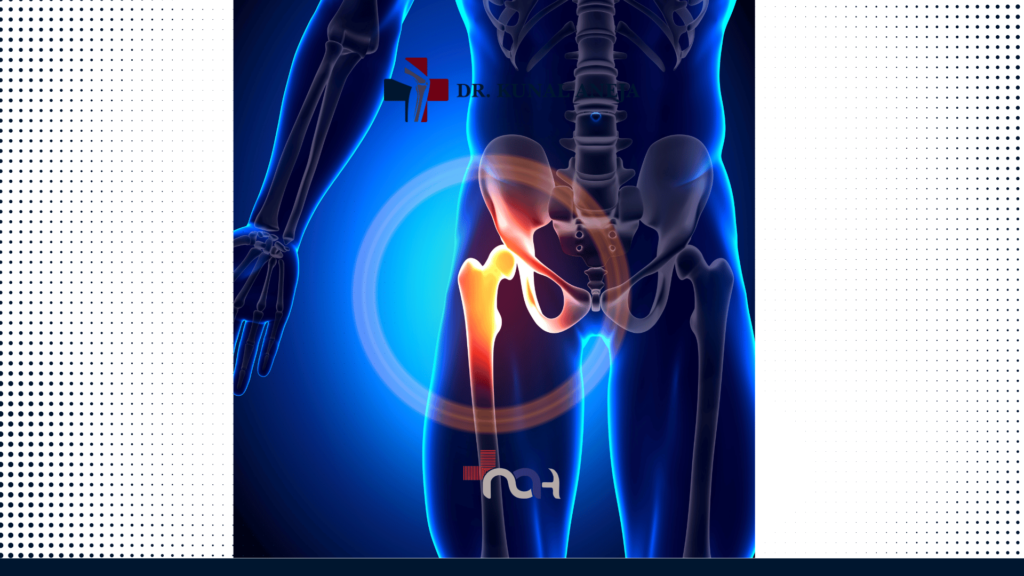
Discover top-tier hip replacement solutions with Dr. Kunal in Delhi. Your path to pain relief and enhanced mobility starts here.
Explore the Best with Delhi’s #1 Hip Replacement Surgeon
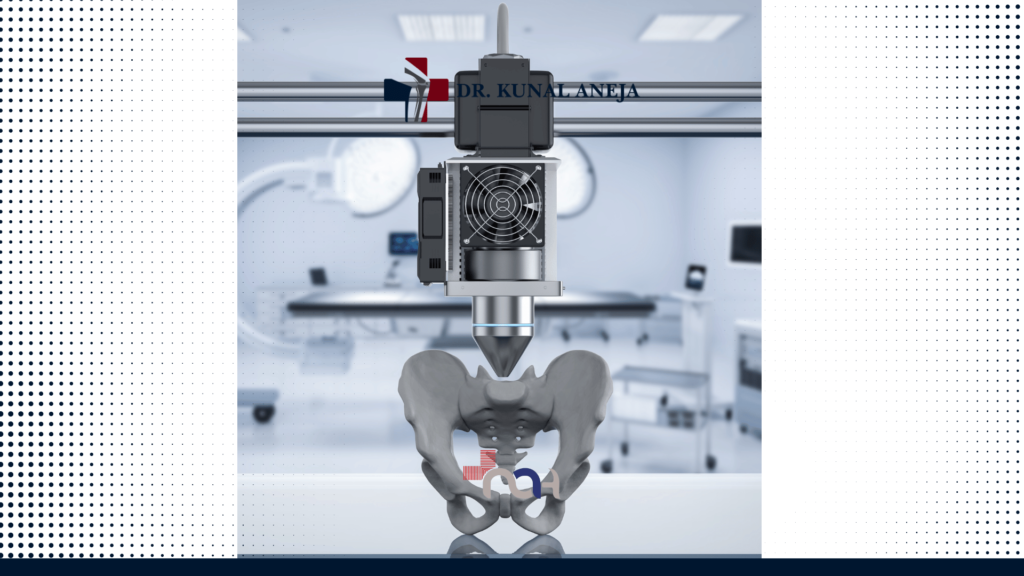
Explore why Dr. Kunal Aneja is recognized as the premier hip replacement surgeon in Delhi.
Robotic Knee Replacement Surgery in Delhi
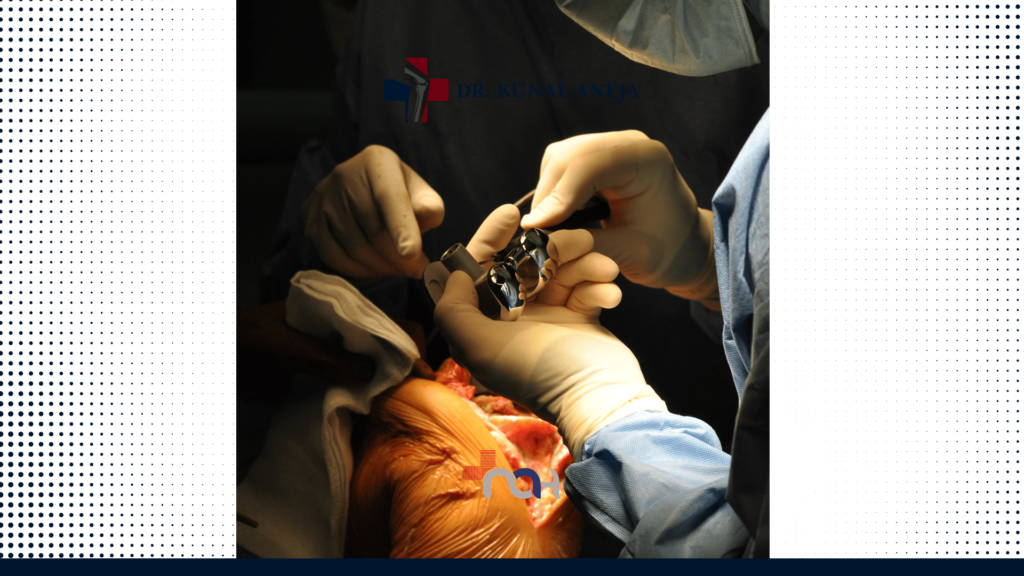
Experience precision with Robotic Knee Replacement Surgery in Delhi by Dr. Kunal Aneja. Advanced technology for faster recovery and better results.
Expert Shoulder Dislocation Treatment in Delhi
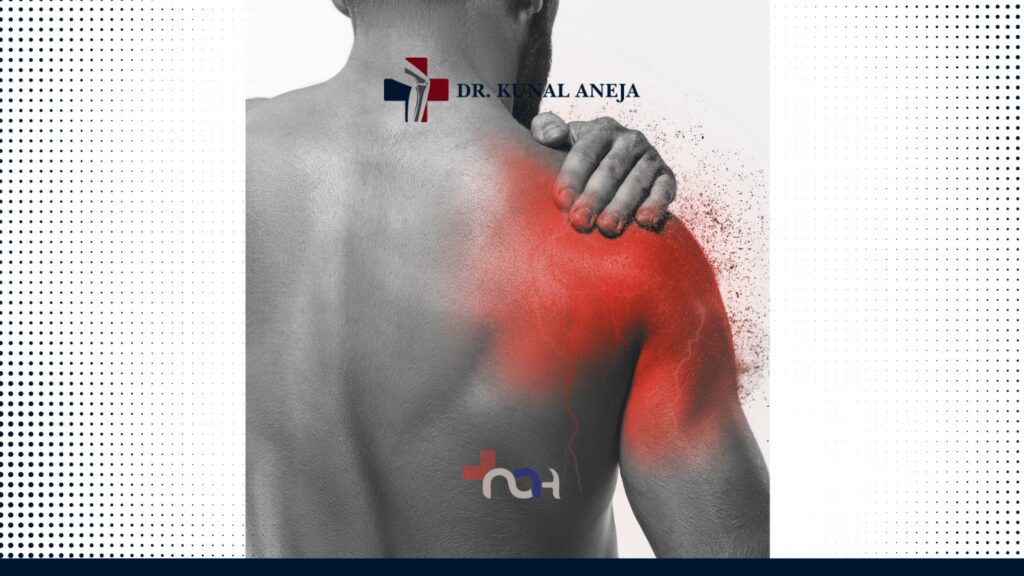
Seek expert care for shoulder dislocation in Delhi with Dr. Kunal Aneja, specializing in advanced treatments and surgeries for quick recovery.
Best knee Preservation in Delhi
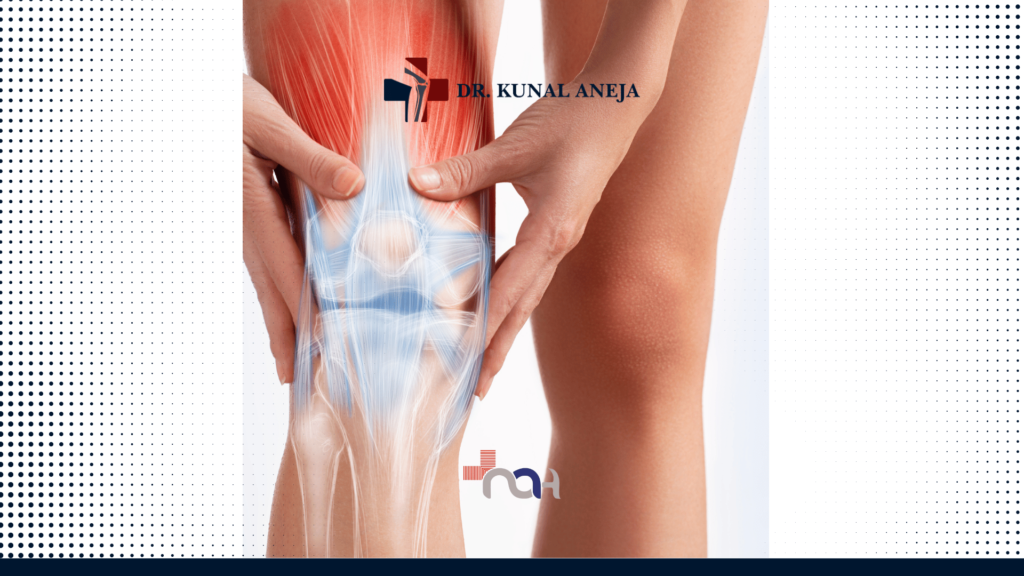
Discover top knee preservation treatments in Delhi with Dr Kunal Aneja. Expert care, minimally invasive options for lasting knee health. Book now.
Best Shoulder Dislocation Treatment in Delhi
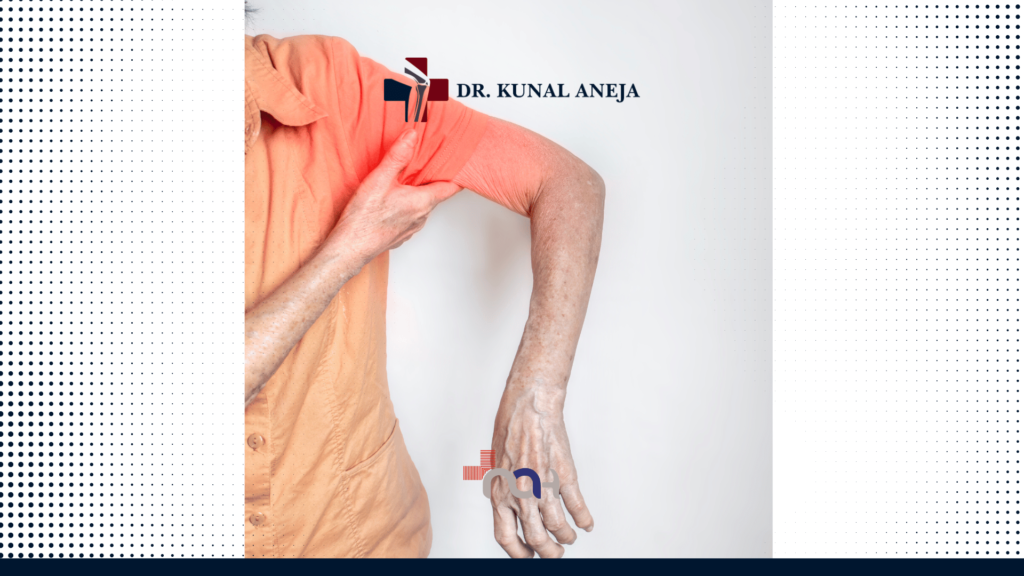
Discover the best shoulder dislocation treatment in Delhi with Dr Kunal Aneja. Expert care, advanced techniques, and personalized recovery plans.

